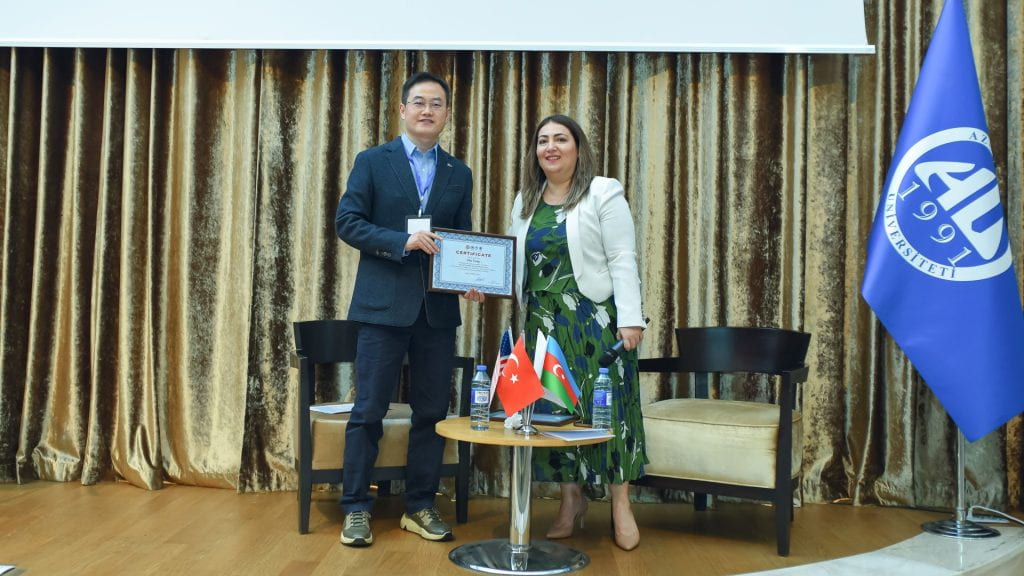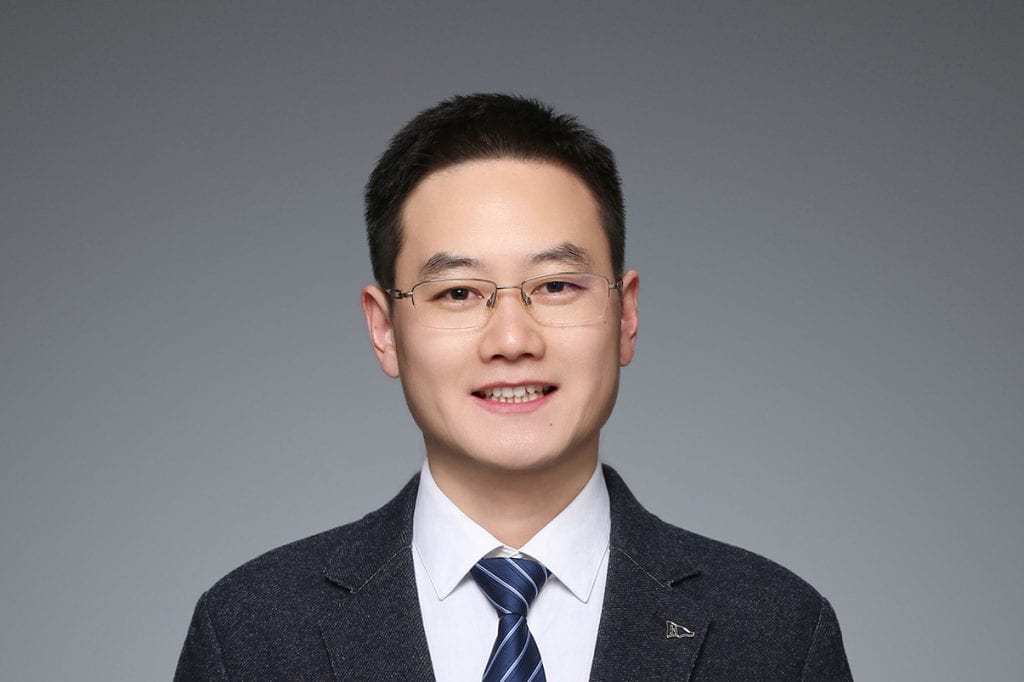The Center for Social Development’s newest faculty director is a leading expert on financial social work and social policy in mainland China.
Shu Fang, professor in the School of Sociology and Psychology at the Central University of Finance and Economics in Beijing, is the newest faculty director at the Center for Social Development (CSD). Fang brings expertise in financial social work and has conducted extensive research on social policy and financial capability, with a particular focus on mainland China.
“We are delighted to welcome Dr. Fang as the Center’s newest faculty director,” said Michael Sherraden, CSD’s founding director and the George Warren Brown Distinguished University Professor at Washington University in St. Louis. “His contributions to financial social work and to the financial well-being of disadvantaged families make him an invaluable addition to our team. We are honored to work with Professor Fang.”
Fang will direct research in CSD’s Financial Capability and Asset Building (FCAB) in China project and other initiatives.
“Shu Fang is a renowned scholar whose commitment to vulnerable families informs a growing body of deeply impactful work,” said Faculty Director Jin Huang, Fang’s frequent collaborator on research related to the mainland. “At CSD, Shu joins a team that shares his dedication, and we look forward to working toward innovative solutions that broaden financial inclusion for those at the margins of society.”
“Collaborating with more than 20 universities in China, Professor Fang is one of the pioneers leading the development and implementation of financial social work curriculum and education in social work degree programs,” Huang added. “He has organized three financial social work conferences and multiple financial social work sections in academic journals. CSD is a co-organizer of these conferences and resulting publications.”
Huang, professor in the School of Social Work at Saint Louis University and research professor in the Brown School at Washington University in St. Louis, is currently working with Fang on a pilot study involving Child Development Accounts for children with autism in mainland China.
“CSD has enjoyed long-term collaborative partnership with many outstanding Chinese scholars over the past two decades. Having Professor Fang join CSD’s team will be a valuable addition as we expand our body of work in financial capability and asset building globally,” said Li Zou, international director at CSD.

A renowned scholar with expertise
in social work on the mainland
Fang is leader in the social work profession in China. He is secretary-general of the Financial Social Work Commission within the China Association of Social Work Education. In addition, he directs the Beijing Social Construction Research Center at the Central University of Finance and Economics and the China Disability Career Development Research Association. He is also chairman of Yingbo Social Work Service Center in Changping District, Beijing.
A prolific author, Fang has published work in the British Medical Journal, Child: Care Health and Development, Children and Youth Services Review, Gansu Social Sciences, and other prominent journals. Among numerous book publications is 方舒 胡洋 樊欢欢 张现苓 尹银 译, his translation (with Hu Yang, Fan Huanhuan, Zhang Xianling and Yin Yin) of the 2018 book “Financial Capability and Asset Building in Vulnerable Households,” by CSD Faculty Director Margaret Sherraden, Faculty Director Julie Birkenmaier and J. Michael Collins. This is the first FCAB textbook in Chinese, and several others are now being written in China.
As a visiting scholar at Washington University’s Brown School in 2024, Fang plans to begin work on his own financial social work textbook for the mainland.
Fang holds a doctoral degree in sociology from Renmin University of China, as well as numerous awards for his research and teaching.
As the Center for Social Development broadens research engagements on the mainland and in Asia, Fang’s expertise and leadership will be critical in advancing applied research to improve the financial well-being for disadvantaged families.
In the larger context, Sherraden emphasizes that threads of cooperation with colleagues in China are a small yet meaningful contribution to international relations. “Over time,” Sherraden said, “many partnerships can weave better understanding.”
